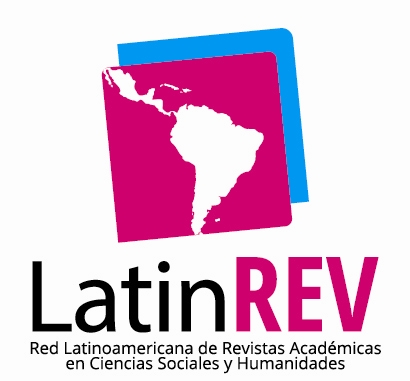Science and Metaphysics in the Karl R. Popper's Philosophy
DOI:
https://doi.org/10.33975/disuq.vol2n1.85Keywords:
Science, Metaphysics, Karl R. Popper, Demarcation, FalsifiabilityAbstract
In this paper I will address the topic of science and metaphysics in the philosophy of Karl R. Popper, in particular the question of whether metaphysical statements have or do not have sense. First, from the text Metaphysics: meaningful or meaningless? I will develop the criticism Popper makes to the thesis of logical positivism according to which metaphysical statements are meaningless, and how the meaning of these statements are claimed. Second, I will show the Popperian criteria of demarcation between science and metaphysics, his criteria is falsifiability but not the verification. Finally, I will defend the view that metaphysics is a significant premise for the development of science. To accomplish this, I will refer to Alexandre Koyré who shows in his Studies in the history of scientific thought some cases in which scientific projects have their original matrix in metaphysical and philosophical ideas.















